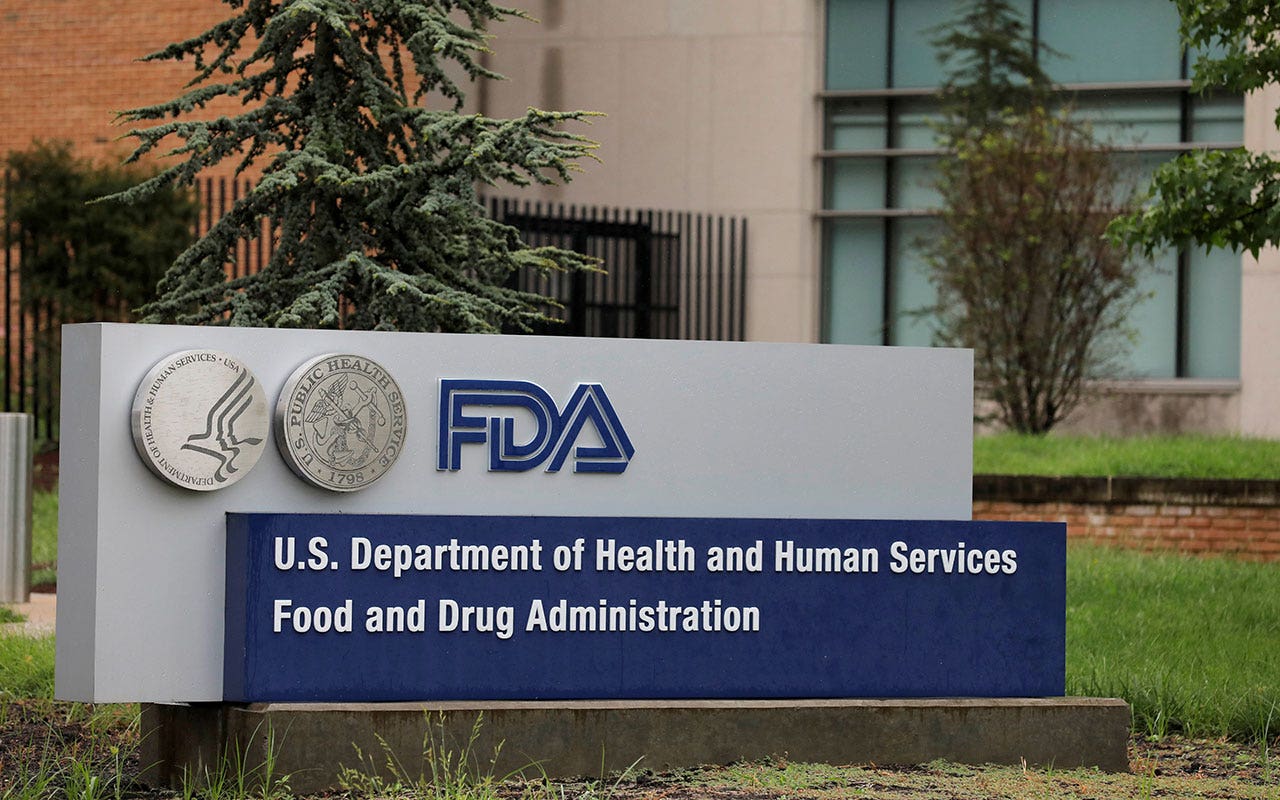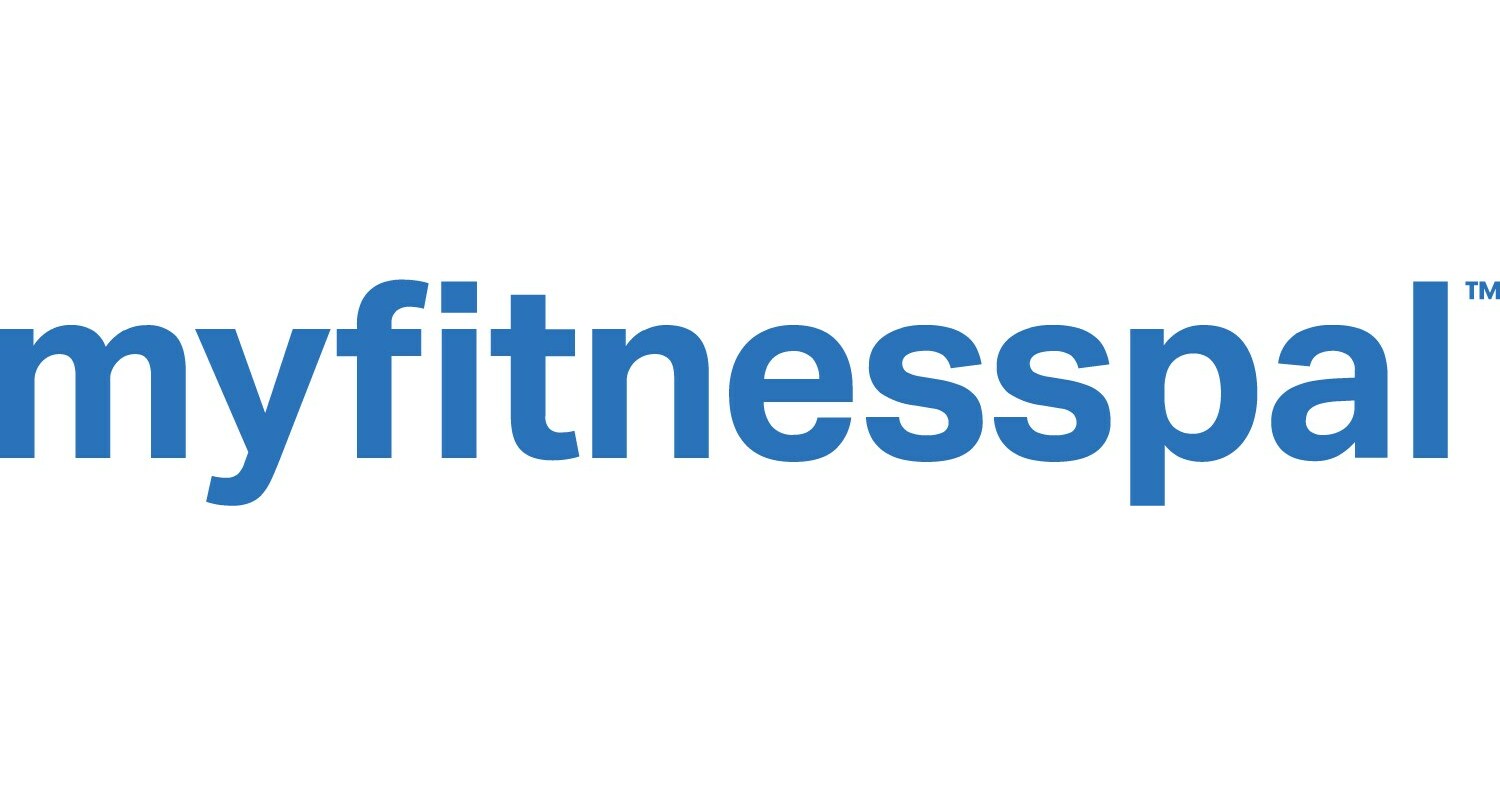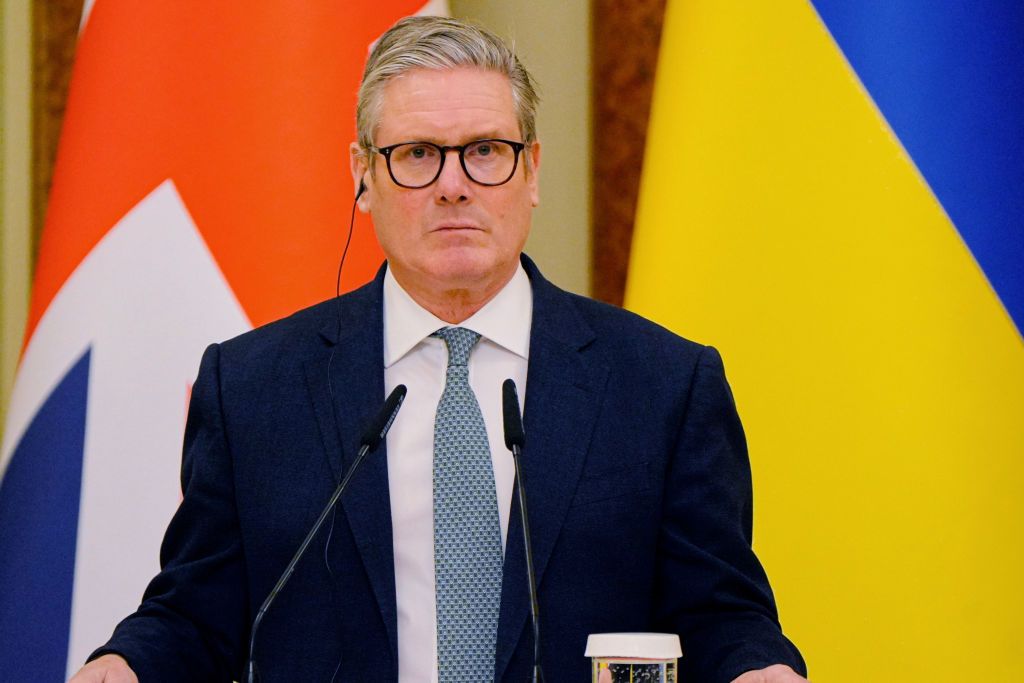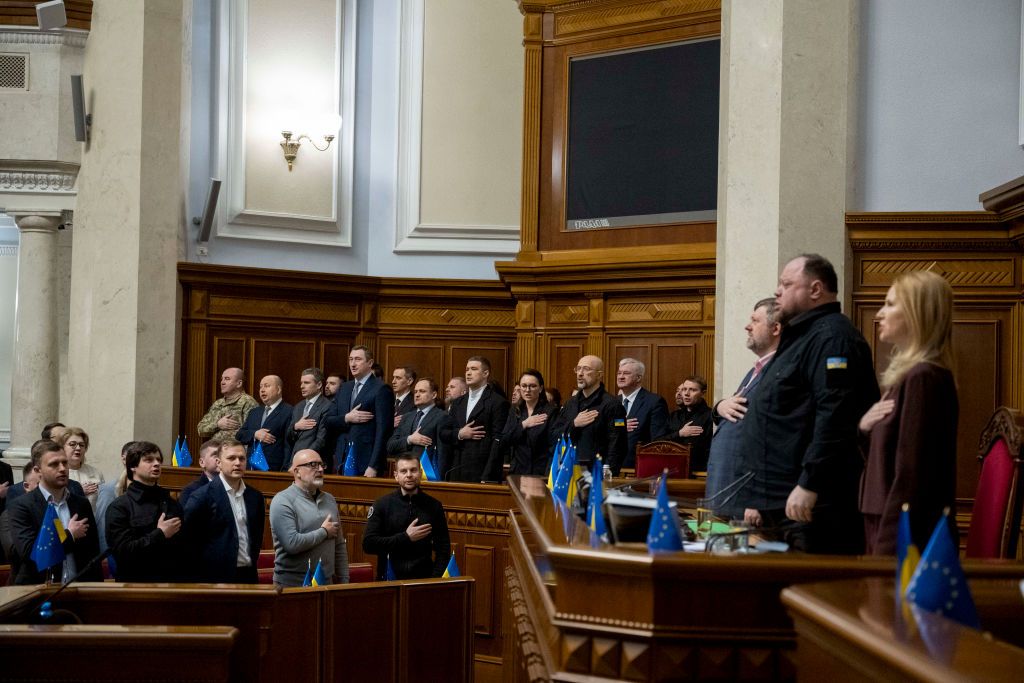WASHINGTON (Reuters) - U.S. consumer spending unexpectedly fell in January, but a pick up in inflation could provide cover for the Federal Reserve to delay cutting interest rates for some time.
Consumer spending, which accounts for more than two-thirds of U.S. economic activity, dropped 0.2% last month after an upwardly revised 0.8% increase in December, the Commerce Department's Bureau of Economic Analysis said on Friday.
Economists polled by Reuters had forecast consumer spending gaining 0.1% after a previously reported 0.7% surge in December, when outlays were boosted by pre-emptive buying in anticipation of tariffs which would raise prices for imported goods.
January's weak consumer spending likely reflected the fading lift from front-running as well as a drag from unseasonably cold temperatures and snowstorms that engulfed large parts of the country. Wildfires, which scorched areas of Los Angeles, also probably hurt spending.
Winter storms disrupted homebuilding last month and contributed to curbing job growth. The data are consistent with expectations for a slowdown in economic growth in the first quarter. Gross domestic product estimates for the January-March quarter are mostly below a 2.0% annualized rate. The economy grew at a 2.3% rate in the fourth quarter.
In addition to the weather, economic activity is also seen hampered by policies of President Donald Trump's administration, including tariffs and sharp spending cuts, which have so far led to the firing of tens of thousands of federal government workers and contractors.
Trump in his first month in office has issued a cascade of tariff orders, imposing an additional 10% levy on goods from China. On Thursday, Trump said a 25% tariff on Mexican and Canadian goods will take effect on March 4, after being delayed for a month, along with an extra 10% duty on Chinese imports.
Other duties aimed at imported steel, aluminum and motor vehicles will either soon go into effect or are in fast-track development.
DETERIORATING CONFIDENCE
Business and consumer confidence have deteriorated on concerns over tariffs, which are expected to disrupt supply changes and increase costs for both companies and households.
That was reflected in consumers' one-year inflation expectations, which soared in February, and could eventually feed through to the official data.
The Personal Consumption Expenditures (PCE) price index increased 0.3% in January after advancing by an unrevised 0.3% in December. Economists had expected the PCE price index to climb 0.3%. In the 12 months through January, prices rose 2.5% after increasing 2.6% in December.
.png)
 German (DE)
German (DE)  English (US)
English (US)  Spanish (ES)
Spanish (ES)  French (FR)
French (FR)  Hindi (IN)
Hindi (IN)  Italian (IT)
Italian (IT)  Russian (RU)
Russian (RU) 






Comments